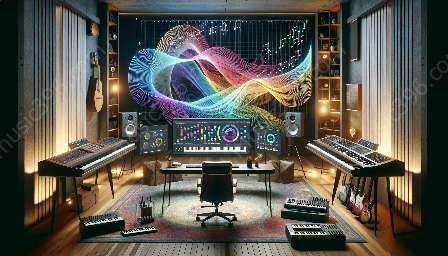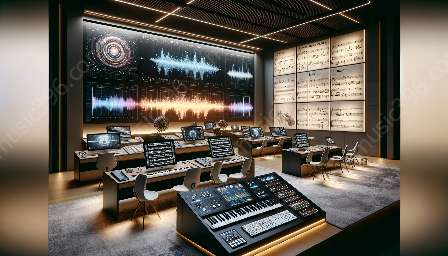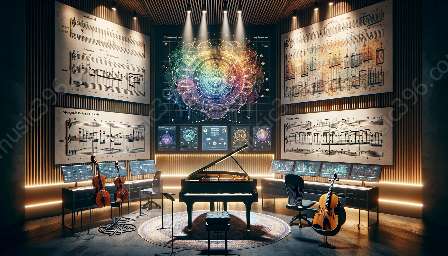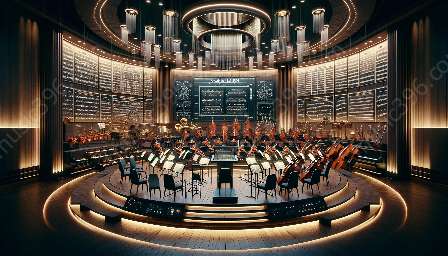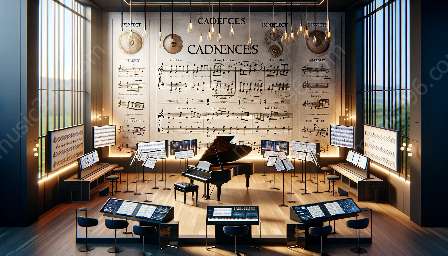Composing music for different forms of media requires unique considerations and approaches, especially when comparing film, television, and video games. The study of musical film scores and music theory provides a deeper understanding of these differences.
1. Context and Narrative
When composing for film, the music must closely align with the narrative and visual elements. It often serves as a supporting element to enhance the emotional impact of scenes. In contrast, television and video game music may require more flexibility to adapt to changing storylines or player interactions.
2. Length and Continuity
Film scores are typically longer and more continuous, providing a cohesive musical backdrop for the entire duration of the movie. Television and video game compositions may need to be more modular, allowing for seamless transitions and variations based on episodic structures or interactive gameplay.
3. Collaboration and Synchronization
Composers for film often work closely with directors and editors to synchronize the music with specific scenes or visual cues. On the other hand, television and video game composers may collaborate with producers, showrunners, or game designers to ensure the music enhances the overall experience while accommodating different pacing and interactive elements.
4. Technological Considerations
Advancements in technology have significantly influenced music composition for all forms of media. Film composers may have the advantage of larger orchestral arrangements and live recordings, while television and video game composers often rely on digital production tools and real-time adaptive music systems.
5. Genre and Aesthetic Diversity
Each form of media presents distinct opportunities for exploring diverse genres and aesthetics. Film scores may range from epic orchestral compositions to minimalist ambient soundscapes, depending on the cinematic style. Television and video game music encompass a wide spectrum of styles, from catchy theme tunes to dynamic, interactive soundtracks that evolve with the narrative or gameplay.
Conclusion
The differences in composing music for film, television, and video games stem from the unique demands of each medium, as well as the evolving role of music in enhancing visual storytelling. Understanding these differences is essential for composers seeking to excel in the realm of media music and make informed creative decisions.




